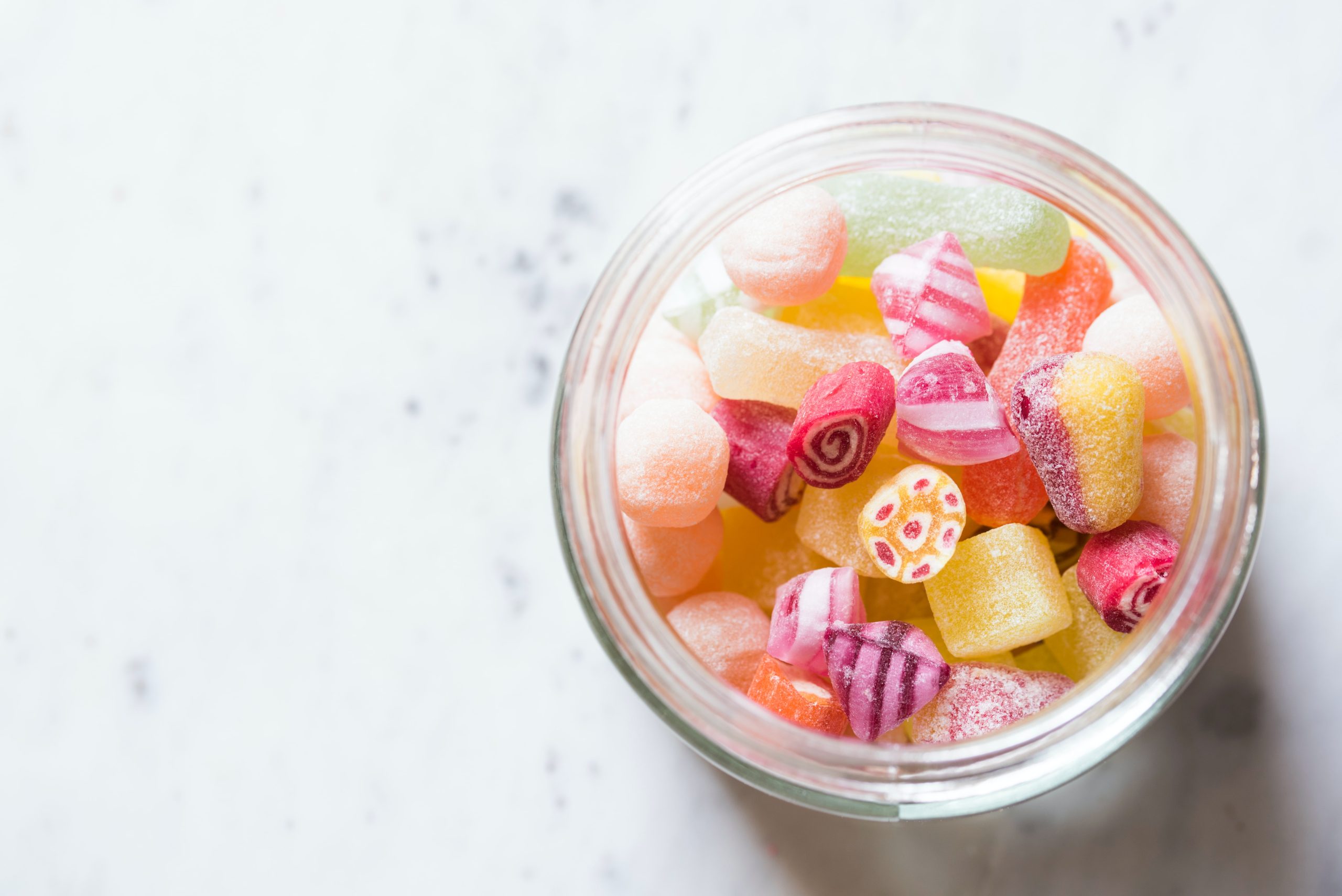Table of Contents
ToggleIntroduction:
As people become more health conscious, many are turning away from traditional sweeteners like sugar, which is known to have negative effects on health. At the same time, there is a growing concern about the environmental impact of conventional sugar production, which involves extensive use of pesticides and water resources. Luckily, there is a solution to both problems: Xylitol. This natural sweetener is not only healthier than sugar, but it is also more sustainable and eco-friendly. In this article, we will explore the benefits of Xylitol, how it compares to other sweeteners, and its potential to revolutionize the way we consume sweet products.
What is Xylitol?
Xylitol is a natural sweetener that is derived from the fibrous parts of plants, such as corn cobs and birch trees. It has a similar sweetness level to sugar but contains 40% fewer calories. Xylitol is also metabolized differently than sugar, making it a safer and healthier option for those concerned about their blood sugar levels. Furthermore, it is non-carcinogenic, non-toxic, and has been approved by the FDA as a safe food additive.
Benefits of Xylitol:
- Weight Management: As mentioned, Xylitol contains fewer calories than sugar, making it a great option for those who are watching their weight. It is also a low-glycemic sweetener, meaning that it does not cause a sudden spike in blood sugar levels, which can lead to cravings and overeating.
- Oral Health: Xylitol has been shown to have numerous benefits for oral health. It inhibits the growth of harmful bacteria in the mouth, which can lead to tooth decay and gum disease. It also stimulates saliva production, which helps to neutralize acids and wash away food particles.
- Diabetes Management: Xylitol is metabolized differently than sugar, which means that it does not cause a sudden increase in blood sugar levels. This makes it a safe and healthy option for people with diabetes who need to monitor their blood sugar levels closely.
- Environmentally Friendly: Xylitol production has a much lower environmental impact than conventional sugar production. It requires fewer pesticides and water resources, making it a more sustainable option.
How does Xylitol compare to other sweeteners?
Xylitol has several advantages over other sweeteners, including:
- Stevia: While Stevia is a natural sweetener like Xylitol, it has a bitter aftertaste that some people find unpleasant. Xylitol, on the other hand, has a pleasant taste and is more versatile in cooking and baking.
- Artificial Sweeteners: Artificial sweeteners like aspartame and sucralose have been linked to negative health effects, including cancer and neurological disorders. Xylitol, on the other hand, is a natural sweetener that is safe for consumption.
- Sugar: Sugar is a high-calorie sweetener that has been linked to numerous health problems, including obesity, diabetes, and heart disease. Xylitol, on the other hand, contains fewer calories and does not cause a sudden spike in blood sugar levels.
Conclusion:
Xylitol is a natural and sustainable alternative to traditional sweeteners like sugar. It has numerous health benefits, including weight management, oral health, and diabetes management. It is also a more environmentally friendly option, requiring fewer pesticides and water resources. With its pleasant taste and versatility in cooking and baking, Xylitol has the potential to revolutionize the way we consume sweet products. So why not give it a try and enjoy the sweetness without the guilt?
FAQs
Q: What are the risks of xylitol? A: Xylitol is generally safe for human consumption, but it can cause digestive issues such as gas, bloating, and diarrhea in some people. Ingesting large amounts of xylitol can also lead to hypoglycemia (low blood sugar), seizures, and liver failure in dogs, so it is important to keep products containing xylitol away from pets.
Q: Is xylitol safe for humans? A: Yes, xylitol is safe for human consumption and is used as a sugar substitute in many foods and oral healthcare products. It is also approved by the FDA and the World Health Organization as a food additive.
Q: Is xylitol halal? A: Xylitol is derived from natural sources, such as birch trees and corn cobs, and does not contain any animal products, making it generally considered halal.
Q: Is xylitol sugar healthy? A: Xylitol is a sugar substitute that is considered healthier than regular sugar because it has a lower glycemic index and does not raise blood sugar levels as much as regular sugar. It is also beneficial for dental health as it helps prevent tooth decay.
Q: Xylitol side effects A: The most common side effects of xylitol include digestive issues such as gas, bloating, and diarrhea. However, these side effects are usually mild and go away over time as the body adjusts to xylitol.
Q: Xylitol for teeth A: Xylitol is beneficial for dental health as it helps prevent tooth decay by inhibiting the growth of bacteria that can cause cavities. It also promotes saliva production, which helps neutralize acids in the mouth and remineralize tooth enamel.
Q: Xylitol uses A: Xylitol is used as a sugar substitute in many foods, including chewing gum, candy, and baked goods. It is also used in oral healthcare products such as toothpaste, mouthwash, and dental floss.
Q: Xylitol benefits A: Xylitol has several benefits, including promoting dental health, reducing the risk of cavities, and having a lower glycemic index than regular sugar. It also has a sweet taste but fewer calories than sugar, making it a suitable sugar substitute for people trying to lose weight.
Q: Does xylitol cause cancer? A: There is currently no evidence to suggest that xylitol causes cancer in humans.
Q: Xylitol sugar A: Xylitol is a sugar substitute that has a sweet taste but fewer calories than regular sugar. It is derived from natural sources, such as birch trees and corn cobs, and is used as a sugar substitute in many foods and oral healthcare products.
Q: Xylitol for diabetics A: Xylitol is beneficial for people with diabetes as it has a lower glycemic index than regular sugar and does not raise blood sugar levels as much as sugar. It can be used as a sugar substitute in foods and beverages, but it is important to use it in moderation as it still contains calories.
Q: Xylitol substitute A: There are several sugar substitutes that can be used in place of xylitol, including stevia, erythritol, and monk fruit extract. Each of these substitutes has its own taste and properties, so it is important to experiment to find the one that works best for you.







